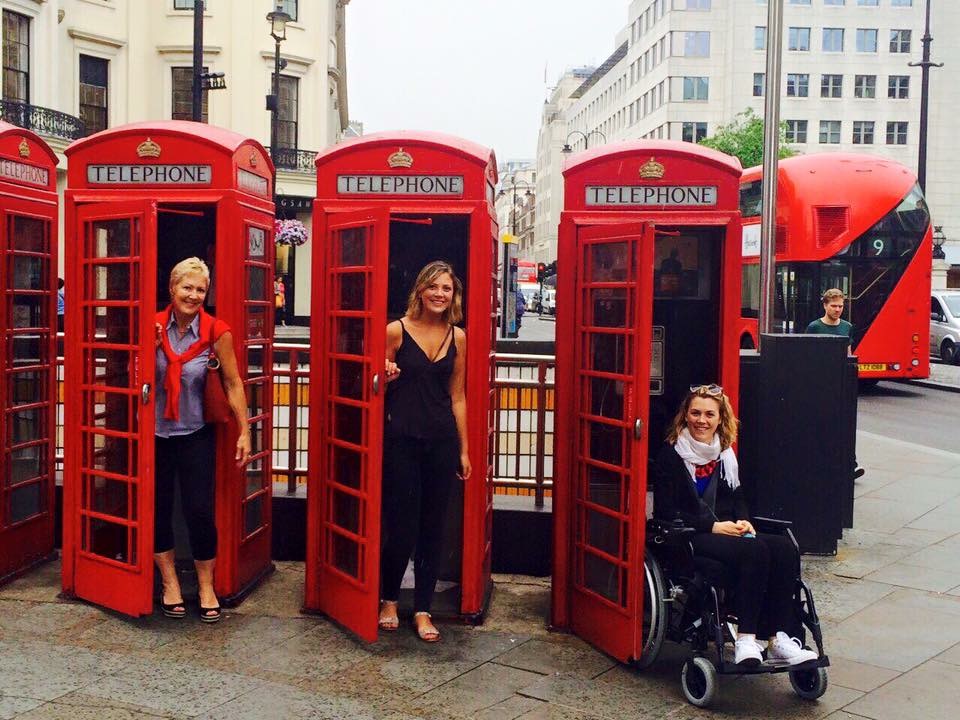
Suddenly I am an Everyday Carer
On February 1, 2012, a phone call informed me that my 22-year-old daughter, Emily, had fallen while skiing in America, had broken her neck and would never walk again.
Everything changed in an instant. It is hard for people to comprehend what is involved when suddenly becoming a carer for an adult child. Of course I would do anything for my family, but nothing could have prepared me for the physical and emotional rollercoaster involved while addressing Emily’s traumatic injury.
The journey through any catastrophe is fraught with anxiety, medical issues, and disappointments, with some surprising humour. I’m a nurse, with over 30 years’ experience, so although I understood the medical environment and terminology I was still as emotionally befuddled as any parent would be in a comparable situation. I was determined to help my daughter cope. I reinvented myself as a facilitator and advocate, aiding Emily's journey towards independence and “a new normal”.
Statistics inform me that worldwide as many as 500,000 people suffer a spinal cord injury (SCI) each year, with up to 90 per cent due to trauma such as road traffic accidents, falls and violence (WHO.int). The consequences of paralysis following an SCI are catastrophic for the person, however, there is also a domino effect within the family, as for every person injured there is suddenly an everyday carer.
There is no uniform approach to coping but I soon realised the first step is to understand that time is the biggest healer and that learning to do nothing can be key to coping. Too often I have seen carers put themselves last and burn out. Being able to sustain daily caring is incredibly important, and to do that I can’t stress enough the importance of health, fitness and wellbeing. Carers need to take time for themselves as individuals so they remain fresh and engaged in their caring role.
I balance my life more easily with help from family and friends as my strong support network is integral to my achievement and my continued strength; mental, physical and social. My e-book (information below) gives insights into self-care and suggestions for anyone trying to support a carer in crisis.
Thankfully, Emily is an amazingly resilient young woman who has adapted to her circumstances and within the gradual passage of time, we have found that there is life after trauma. It’s just different - and it can be brilliant in really unexpected ways.
Suddenly an Everyday Carer is available here or through my everydaycaring.com.au website. It is dedicated to carers and all the proceeds are going to SpinalCure, an organisation committed to funding research to end paralysis.











